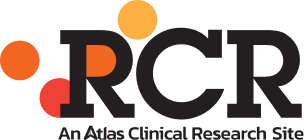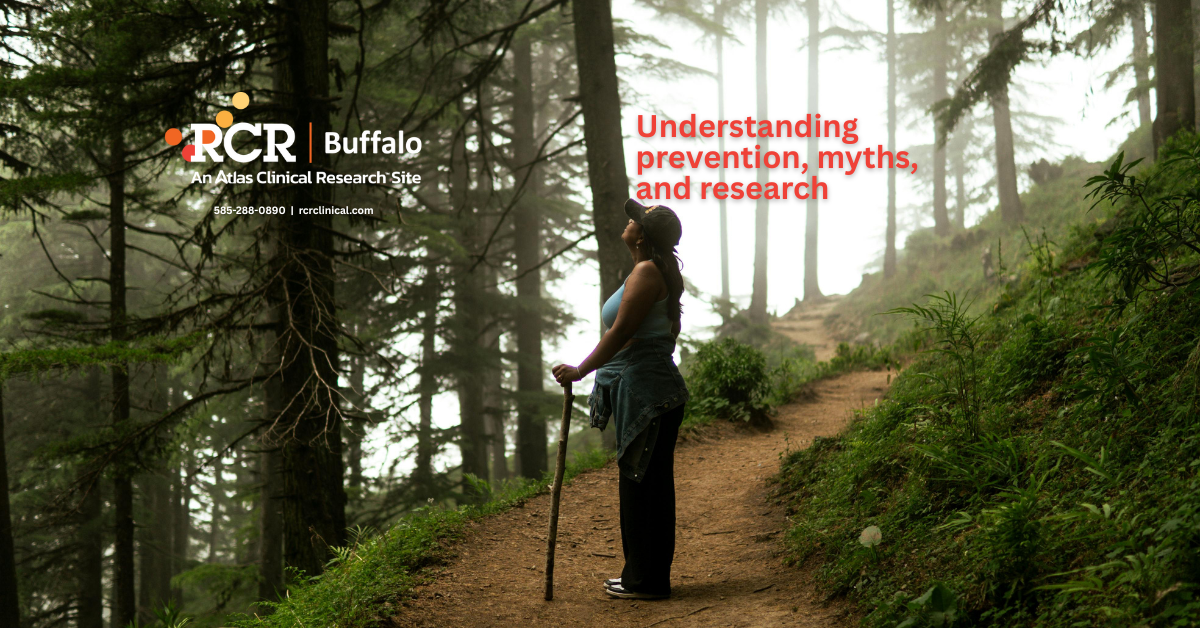Clinical trials are conducted to collect information and data to find out if a specific drug or device is safe and effective. There are several phases of of research that are part of the approval process before the drug or device can be used by the general public.
The first steps in research is developing the product in a laboratory setting. Scientists will conduct research on animal and human cells to see if their hypothesis (or a proposed explanation) is correct. Once they believe that they have sufficient data, they submit it to the FDA (Food and Drug Administration) for approval to continue the research and conduct trials in humans.
Once this approved, clinical trials begin conducted in four phases. Each phase is considered a separate trial or study and after completion of each phase, the investigators are required to submit the data collected for further approval from the FDA.
Phase 1
Phase 1 studies asses the safety of the drug or device in humans. The group of people studied are usually a smaller number and only use healthy volunteers. These studies are designed to determine the effects of the drug or device on humans including how it is absorbed, metabolized and excreted. Usually only 20 – 100 people participate in this phase of the trial and 70% of experimental drugs pass this phase of testing.
Phase 2
Phase 2 studies test the efficacy of a drug or device. Most phase 2 studies are randomized trials where one group of patients receives the study drug and another group received a standard treatment (called the control group) or placebo. A placebo is a substance that has no therapeutic effect and commonly could be a sugar pill or a saline solution for vaccine studies. Using a placebo or control allows the sponsor to provide comparable data to the FDA for relative safety and effectiveness of the new drug. Only 1/3 of study drugs successfully complete both Phase 1 and Phase 2 studies.
Phase 3:
Phase 3: studies involve randomization of several hundred to several thousand volunteers. This phase is a large scale testing which can last several years. This phase is the last phase needed to request FDA approval for marketing of the drug. More thorough understanding of the effectiveness of the drug and get a broader range of possible adverse reactions. About 70-90% of drugs will pass through this phase.
Phase 4
Phase 4 studies are also called Post Marketing Surveillance Trials. These studies are conducted after a drug or device has been approved for consumer sale. Many times these studies are to compare one drug to another already on the market or to monitor a drug’s long term effectiveness and impact on a patient’s qualify of life and to determine the cost effectiveness of drug therapies relative to other traditional and new therapies. Depending on study findings, a drug or device may be taken off the market or the drug or device may be used for other indications.
Most of the studies done at Rochester Clinical Research are Phase 3 or 4 studies. However, the informed consent of the specific study you are participating in will give you the exact phase of the specific study. The informed consent will also describe all the benefits or risks that you may experience while being in the study, making sure you are making a well-informed decision.




